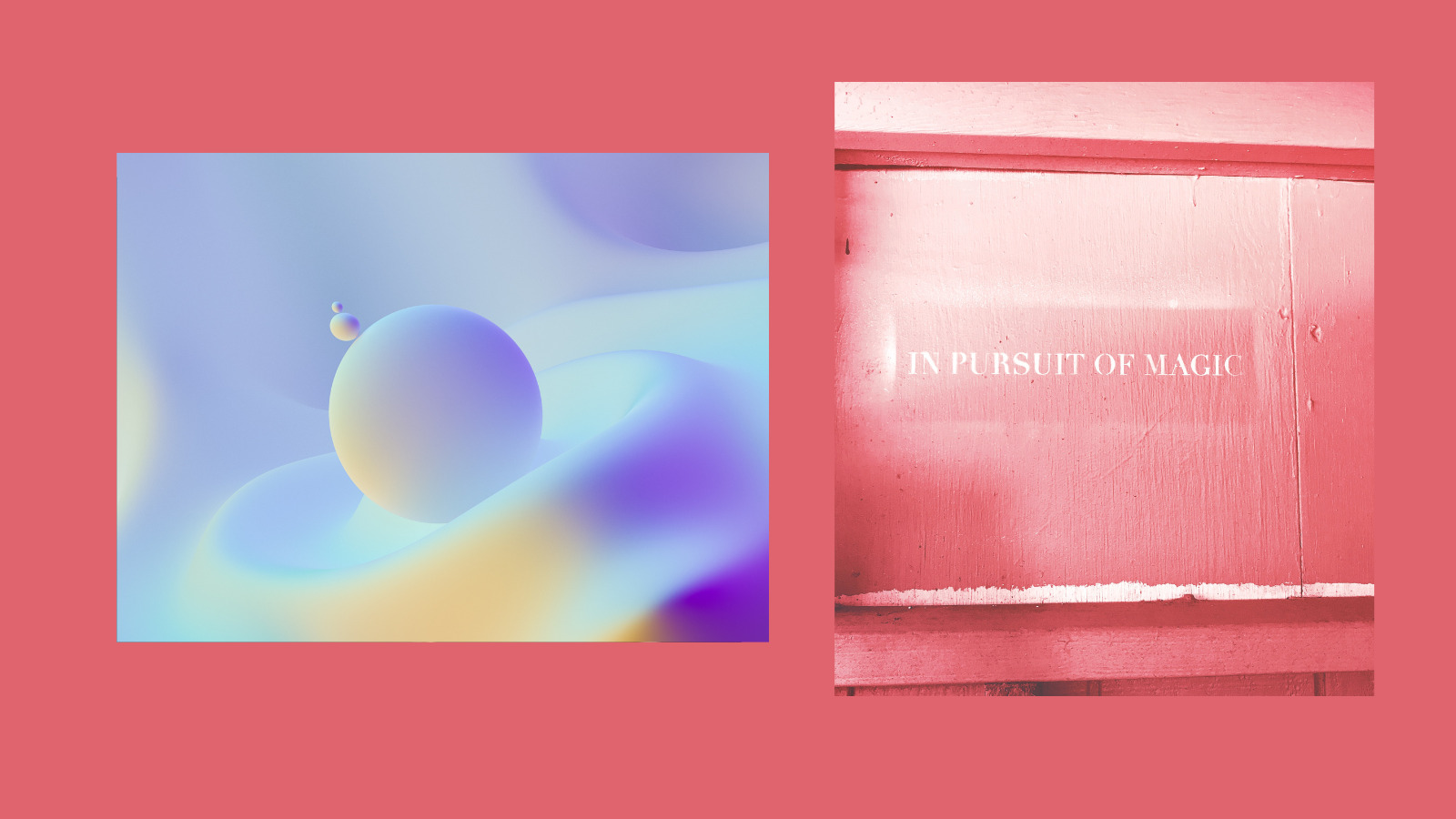
27 Sep Cultivating Connections: The Art of Personalized Marketing in 2023
In the illustrious realm of luxury brands, personalization is more than just a trend; it’s a signature of exclusivity. For luxury consumers, the journey is just as crucial, if not more, than the destination (or the purchase). Let’s delve deeper into how personalization shapes the world of luxury and why it’s the key to unlocking unparalleled brand loyalty.
- Bespoke Content Creation Take, for instance, Rolls-Royce’s custom-made cars. The automotive giant goes beyond general personalization; they’ve created automobiles reflecting specific star constellations on the roof of a car, tailored to the owner’s birthdate. Similarly, in luxury B2B marketing, understanding a client’s specific preferences—whether it’s their penchant for Art Deco designs or their inclination towards eco-friendly luxury—can guide curated content, leading to meaningful connections.
- AI-Enhanced Luxury Experiences Remember when Gucci launched its AR app for trying on shoes? AI, coupled with AR, provided a tailored, fun, and unique luxury experience from the comfort of one’s home. In the B2B space, AI can tailor recommendations, predict trends, and even gauge a potential client’s interest level, refining marketing strategies in real-time.
- Interactive Brand Experiences Imagine enabling a client to design a bespoke jewelry piece through a virtual interface, similar to how Tiffany & Co. lets consumers engrave personal messages on select jewelry pieces. This level of interaction deepens engagement, pulling the client into the brand’s narrative.
- Dynamic Luxury Web Personalization Drawing inspiration from Burberry, which once personalized its website based on user location and weather (showing raincoats to users from rainy regions), luxury B2B platforms can offer dynamic content, like showcasing eco-luxury resorts to sustainable travel agencies.
- Exclusive Account Marketing Much like how Louis Vuitton invites its top clients to exclusive fashion shows, targeting high-value B2B accounts with specialized content and offers can nurture relationships and foster brand loyalty. AI can help sieve out these elite clientele, facilitating targeted campaigns.
- Luxury in Motion: Personalized Videos Brands like Chanel and Dior have long utilized storytelling through visually arresting videos. In B2B, weaving a narrative around a brand’s legacy, its commitment to craftsmanship, and its future vision can captivate potential business clients. A pinch of personalization, like addressing the client’s specific needs within the video, can be the cherry on top.
- Tailored Email Campaigns Drawing from Vogue’s personalized email newsletters, B2B campaigns can curate content based on a client’s past interactions. Did they show interest in Italian leather goods? Perhaps a deep dive into Tuscan leather crafting would intrigue them.
- Safeguarding Elite Client Data With great data comes great responsibility. Brands like Equinox ensure members’ personal data, from their favorite workout routines to their dietary preferences, are kept under wraps. Similarly, luxury B2B brands must prioritize top-tier cybersecurity measures to foster trust.
- Capitalizing on Elite Feedback When a Michelin-star restaurant gets feedback, they don’t just listen—they act. In the luxury B2B world, addressing feedback personally can turn a skeptical client into a loyalist. It’s about creating an experience so tailored that the client feels not just heard, but cherished.
To wrap it up with a golden ribbon, the future of luxury B2B marketing lies in crafting bespoke narratives, leveraging technological advancements, and understanding that every client, like a diamond, is unique. And who wouldn’t want their brand to be the jeweler that recognizes and enhances that inherent sparkle? 🌟🥂

